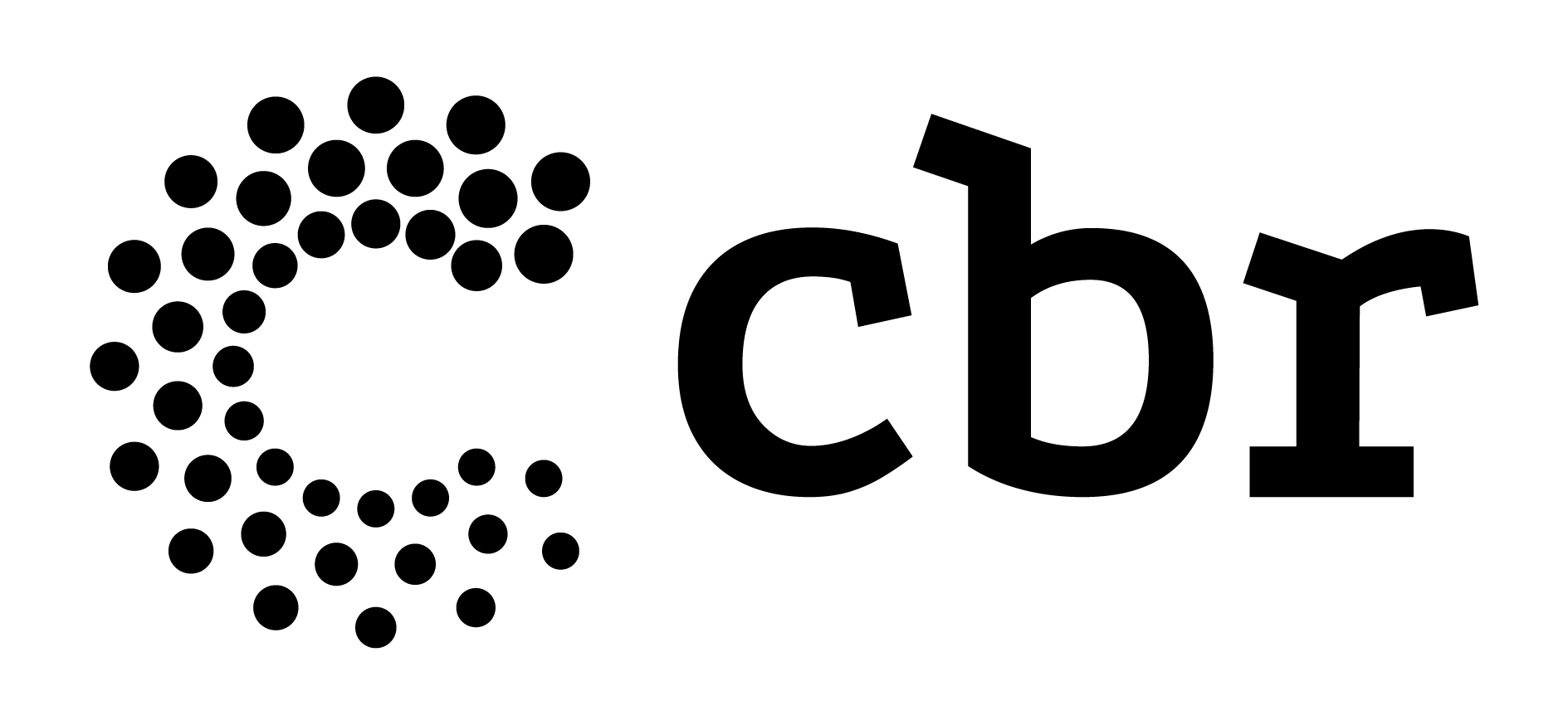On March 1st, the portal ConJur – Legal Consultancy (www.conjur.com.br) published a report stating that entities involved in a scheme to price medical appointments in the state of Mato Grosso do Sul had been convicted of cartel practices by the Administrative Council for Economic Defense (Cade).
The exchange of information between those involved was verified, through letters and minutes. After an investigation, Cade's general superintendence asked for the condemnation of the Medical Association of Grande Dourados in Mato Grosso do Sul (AMGD) and its former president; the Mato Grosso do Sul Regional Council of Medicine (CRM-MS); and the National Union of Self-Management Institutions in Health (Unidas).
According to the article, the rapporteur of the case manifested itself for the application of fines that would not be based on 15% of the billing of the defendants, as in the cases of classic cartels or hardcore, for not recognizing such a characteristic in the standardization of prices promoted by those represented.
AMB and CBR experienced similar cases
In April 2015, Cade annulled a sentence handed down in October of the previous year, which fined the Brazilian Medical Association (AMB) and other medical entities for the practice of price fixing for consultations and coercing doctors against participating in a strike against health care providers. health insurance.
As reported by AMB itself (www.amb.org.br), the rapporteur for the case, Ana Frazão, accepted the request for embargo, considering that there was a procedural defect and recognizing that the entities had their right of defense curtailed. Thus, they gained a new possibility to defend themselves.
On the occasion, the Legal Director of AMB, Dr. Carlos Michaelis Júnior, stated: “We will have a real opportunity to prove that the use of the Hierarchical Brazilian Classification of Medical Procedures (CBHPM) cannot be considered price fixing, but rather an important marker in the health sector, both for Supplementary Health (Plans of Health) and for Public Health (SUS)”.
The already president of the entity at that time, Dr. Florentino Cardoso also evaluated Cade's decision as representative of the medical profession, "especially at a time when some are trying to deconstruct Brazilian medicine and its entities", he emphasized.
Years before, in 2011, CBR itself had won a lawsuit that dealt with sanctions applied by Cade. The body recognized, then, that the simple recommendation, without imposition, of the use of the AMB's CBHPM to its affiliates did not constitute an infraction of the economic order.



